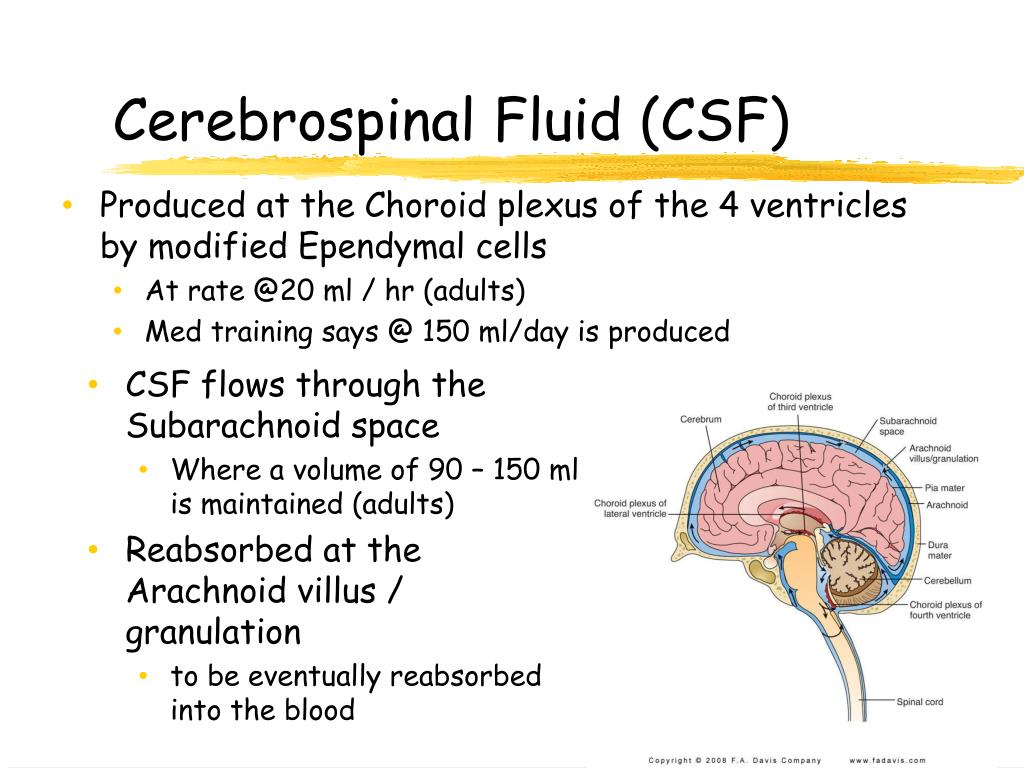
Perform a complete neurological examination including diagnostic testing if needed and.Review your medical history and perform a physical examination.Before your doctor can recommend a course of treatment, he or she will: Patients presenting the three primary NPH symptoms or a combination of the other symptoms should consult a neurosurgeon as soon as possible. This urge is sometimes so strong that it cannot be controlled, resulting in incontinence.

Urinary urgency is a strong, immediate physical need to urinate. Urinary frequency is the need to urinate more than usual, often as frequently as every one to two hours. In severe cases, however, a complete loss of bladder control ( urinary incontinence) may result. Not everyone with NPH develops an obvious mental impairment.īladder control problems usually involve urinary frequency and urgency in mild cases. Mild dementia can be described as a loss of interest in daily activities, forgetfulness, difficulty dealing with routine tasks and short-term memory loss. Dementia and/or bladder control problems usually appear after gait disturbances as the condition progresses. Patients with untreated, advanced NPH may experience seizures, which can get progressively worse. The symptoms of NPH usually get worse over time if the condition is left untreated. These disturbances range in severity, from mild imbalance to the inability to stand or walk at all. Gait disturbance often is the most obvious first symptom. They may have difficulty going up and down stairs and curbs, and they fall frequently as a result. People may have trouble picking up their feet, as if their feet are glued to the ground. The gait in many patients with NPH is very distinctive: wide-based, short, slow and shuffling. Bladder control problems (as the condition progresses).Unfortunately, many cases go unrecognized, are never properly treated or are misdiagnosed. The majority of the NPH population is older than 60, and many of these people believe their symptoms are just part of the aging process. Compounding this difficulty is the fact that some of the symptoms of NPH are similar to the effects of the aging process, as well as diseases such as Alzheimer's and Parkinson's. Unfortunately, the cause of the majority of NPH cases is unknown, making it difficult to diagnose and understand. NPH can occur as the result of head injury, cranial surgery, hemorrhage, meningitis or tumor. However, the name can be misleading, as some patients' CSF pressure does fluctuate from high to normal to low when monitored. NPH owes its name to the fact that the ventricles inside the brain become enlarged with little or no increase in pressure. The ventricles enlarge to handle the increased volume of CSF, thus compressing the brain from within and eventually damaging or destroying the brain tissue. Normal Pressure Hydrocephalus results from the gradual blockage of the CSF-draining pathways in the brain. Experts believe that normal-pressure hydrocephalus accounts for five to six percent of all dementia cases. It affects adult males and females, as well as people of different races, about equally. Hydrocephalus can occur at any age, but is most common in infants and adults age 60 and older. With appropriate early treatment, however, many people with hydrocephalus lead normal lives with few limitations. It can be controlled, but usually not cured. In an adult, the skull is rigid and cannot expand, so the pressure in the brain may increase profoundly. When an injury or illness alters the circulation of CSF, one or more of the ventricles becomes enlarged as CSF accumulates. The average adult produces about one pint of CSF daily.



 0 kommentar(er)
0 kommentar(er)
